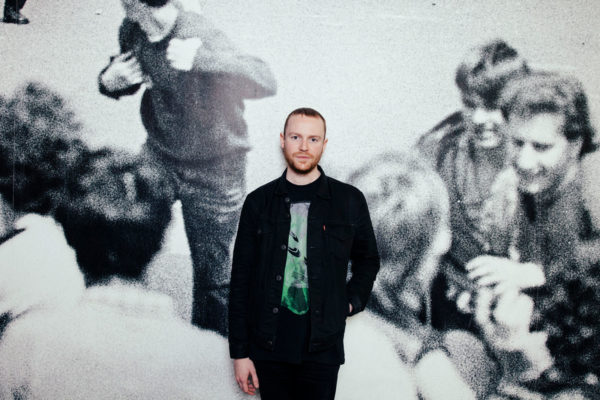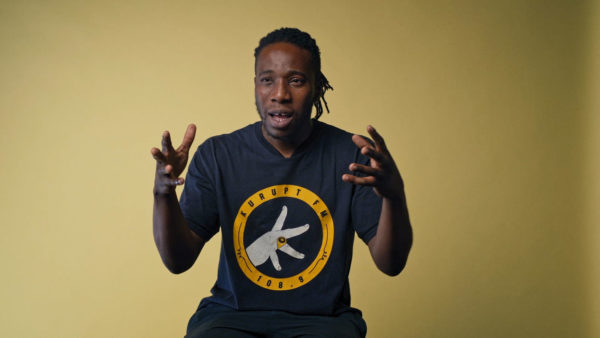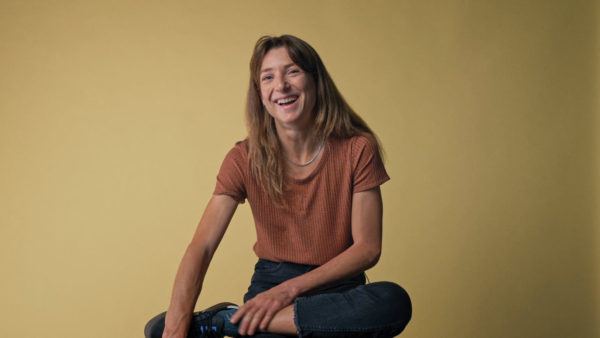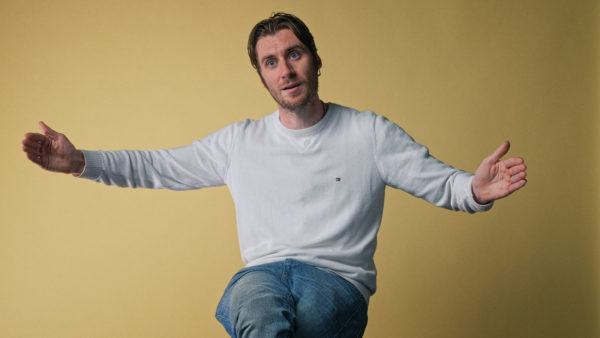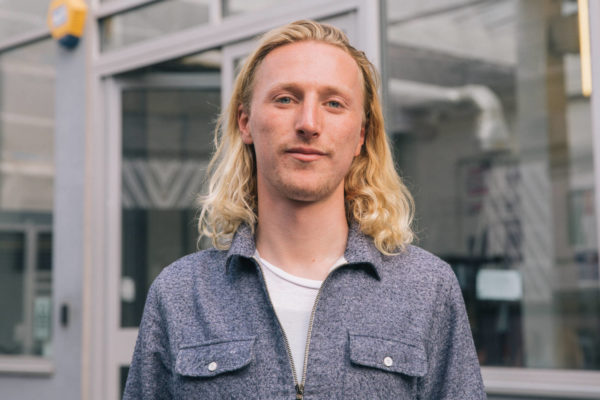Grant Armour is a London-based shooting producer / director specialising in documentaries for online and TV, branded films, commercials and music videos. Grant has been directing long and short-form documentaries internationally for VICE’s award-winning team for over seven years and has worked on the Emmy-nominated series, Gaycation.
Marta Velasquez is an award-winning lead editor at VICE. Over the last eight years, she's crafted more than 50 short and feature-length documentaries, including Fire Games of Napoli, TripAdvisor’s No.1 Restaurant: The Shed and the theatrically released feature doc, Chemsex.
WHAT ARE THEY MAKING?
‘Ballet & Bullets: Dancing Out Of The Favela’ is an unhosted, character-based film focusing on the hopes and dreams of a class of girls attending ballet lessons on a public basketball court deep in the urban sprawl of Rio. Aged between eight and 12, the coming-of-age documentary shows how the girls brave daily shoot-outs to gather to dance and improve their self-esteem – as well as, their teacher Tuany hopes, their life prospects.
VICE Film School: What stage are you at currently with the film?
Grant: We’re currently about two and a half weeks into the edit. The film is an acquisition, which isn’t how we make most of our films at VICE. As a shooting-producer / director, usually I’d come up with the idea, find the characters, get the access and shoot it, and we’d do the whole thing in our own style. But this was all shot by a freelance filmmaker named Frederick Bernas working totally independently in the Rio favelas over the course of three years. He sent over a two-minute trailer first of all, which included the footage in the opening scene of a shoot out happening mid ballet lesson.

It’s an intense scene. How did things develop from there?
Grant: I had a meeting with the production execs here at VICE, and we got Frederick to send through an hour-long rough-cut. From that, I saw it would definitely make a good 20-minute film. He sent through another 18 hours of footage, then we had to get the translators on the case, because all the interviews were in Portuguese. And then asked Marta in to edit it, because I knew she’d be into the film – she did one with VICE last year about young boys in Naples. Every year they steal a load of Christmas trees and burn them in the streets. There’s a similar coming-of-age feel to it.
It’s mainly vérité and following action, so it needs to feel immersive, like you’re going on a journey with them.
Marta: Fire Games of Napoli was about childhood, and kids growing up quickly – it was playful but poignant. This is similar, but with girls as the focus. A lot of them are trapped in their homes as they don’t feel safe in the street, so the class is when they’re making contact with each other. The teacher, Tuany, is well travelled and has seen life beyond the favela – she explains to them they don’t have to have kids and become mothers immediately, that they can reach for their dreams.
A kind of sanctuary, almost?
Marta: More just a place to be a child.
Grant: It’s not exactly a sanctuary; the classes are held in a really open basketball court, so whenever a shoot-out begins they have to run and hide for cover till it’s done.
Understood. How do you turn 18 hours of footage into a 20-minute film with its own logical sense of progression?
Grant: After we had the hour-long cut they sent over, we put together an edit overview on paper and broke it down into separate scenes. We figured out what length each would be, picked out the best individual quotes and what shots we’d use and what the actuality in each scene would be. Usually each scene lasts two or three minutes. That was a starting point but as usual it’s changed throughout. The original cut was great, but there were a lot of sit-down interviews that felt quite set-up, like something in an NGO film. We went through the rest of the interview footage and picked out parts that felt more natural, to extract some more vérité and find out more about the characters.
Marta: It was important as well to have Tuany as a semi-narrator figure, someone who could give context and explain the bigger picture. She’s the backbone of it.
The editing process must be hugely important with an acquisition, in terms of turning someone else’s raw footage into something that feels more like a ‘VICE film’?
Grant: Yeah, it was the same with what Marta did on Fire Games of Napoli – it’s mainly vérité and following action, so it needs to feel immersive, like you’re going on a journey with them.
Marta: We wanted to get rid of things that felt staged, that take you away from feeling like you’re in the moment.
Grant: It’s important not to take away from the authenticity of it.
Watch the finished film.
The filmmakers have set up a JustGiving page to receive donations on behalf of Na Ponta dos Pés. Click here to help.
Credit - Photography by Henry Cotsford
Continue Module
Work in Progress:
Pre-production
What is pre production anyway? How should it be done, and more importantly, how shouldn't it be done…
Work in Progress:
Sharp Shooting With Florence
The pressures of arranging a protest film at the last minute.

















